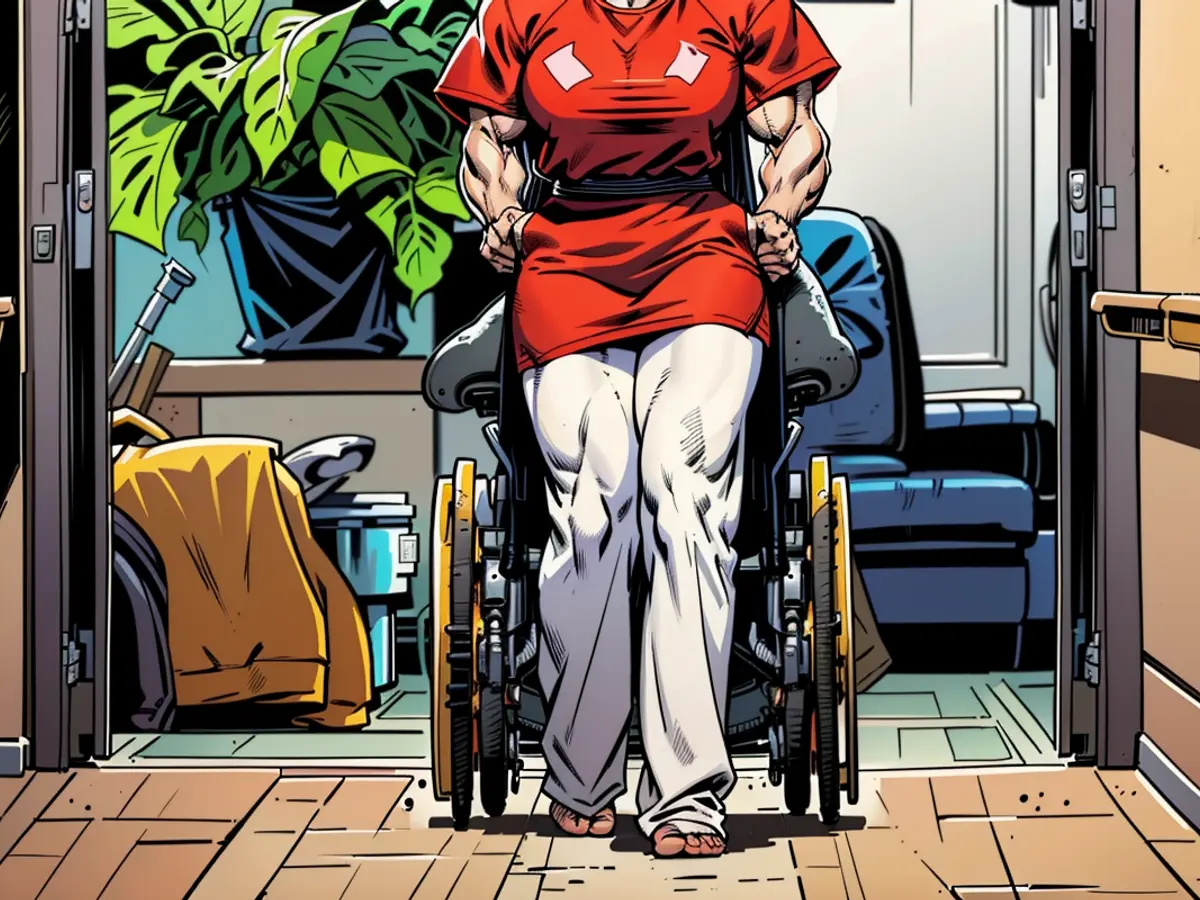Improving the Compensation for Professionals in Career Guidance and Guardianship:
It's proposed that individuals who act as legal representatives for the disabled or take on guardianship for children in challenging circumstances should receive higher compensation in the future, as per the Federal Ministry of Justice. This includes both experts and volunteers, as indicated by the ministry's published draft bill with additional amendments.
The proposal targets professional guardians, full-time guardians, supplementary guardians, inheritance guardians, access guardians, and procedural guardians. Their pay is set to rise and be made simpler. According to the ministry, there are roughly 60 separate "compensation categories" for guardians currently in place. Furthermore, the basic allowances for volunteer guardians and guardians are to increase.
"The current compensation for professional guardians and guardians is outdated," explained Federal Minister of Justice Marco Buschmann (FDP). Many people rely on legal guardianship due to aging, sickness, or disability. "Guardians also carry out crucial work: They step in when parents cannot care for their child and represent them." The objective is "to compensate this work fairly and as easily as possible," explained Buschmann.
The plan is to boost the compensation of professional guardians, guardians, and other professional groups by an average of 12.7 percent. The basic allowances for volunteers are to rise from the present 425 euros to 450 euros. The changes are estimated to take effect at the start of 2026.
The draft was dispatched to the federal states and associations on Monday, and they have until October 25 to submit their feedback.
The Federal Ministry of Justice has proposed including 'the amendments' in their draft bill, aiming to increase the basic allowances for volunteer guardians and guardians beyond the current 425 euros. The amendments also aim to raise the compensation for various professional guardian roles, such as inheritance guardians, access guardians, and procedural guardians, by an average of 12.7%.








